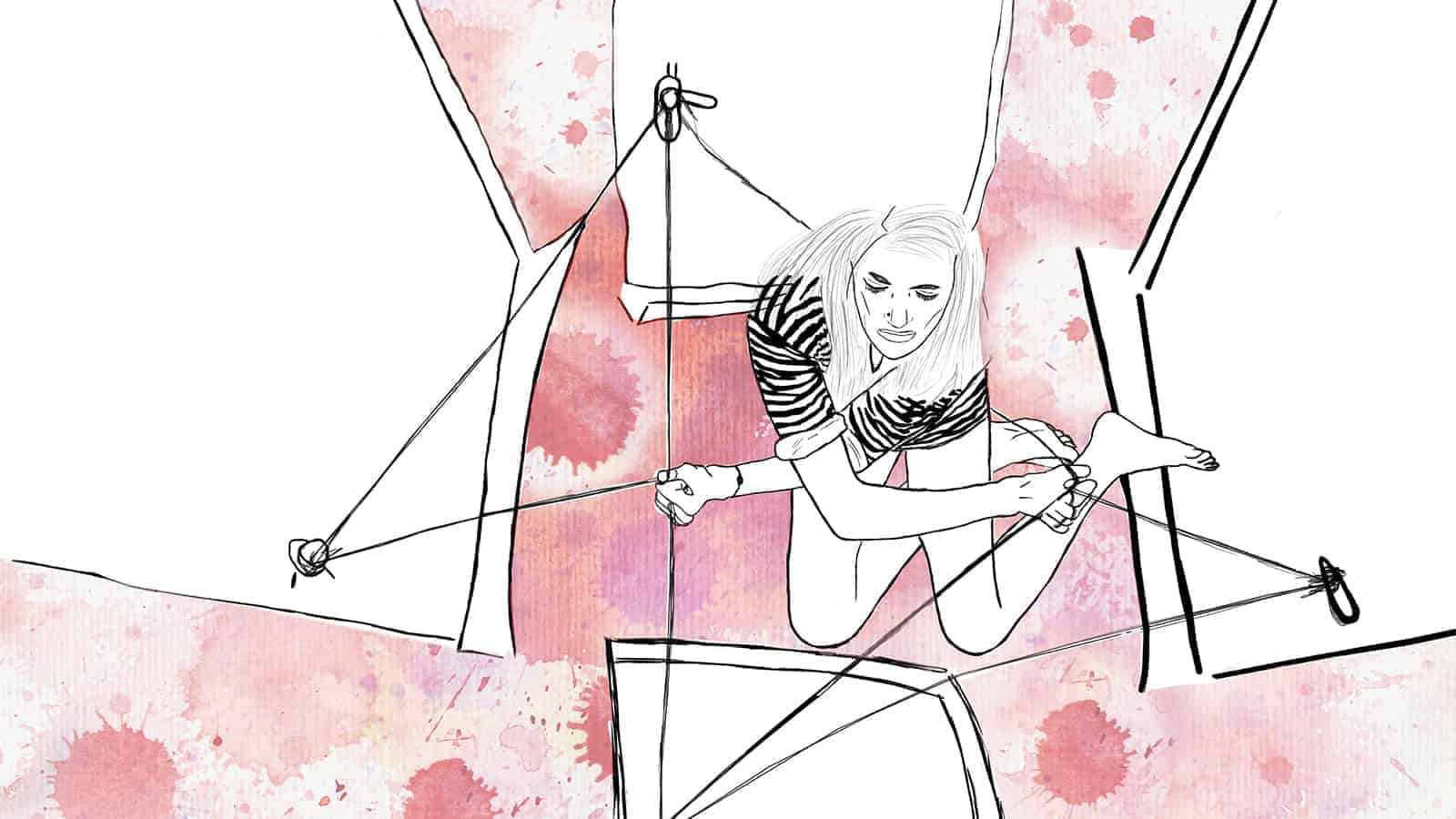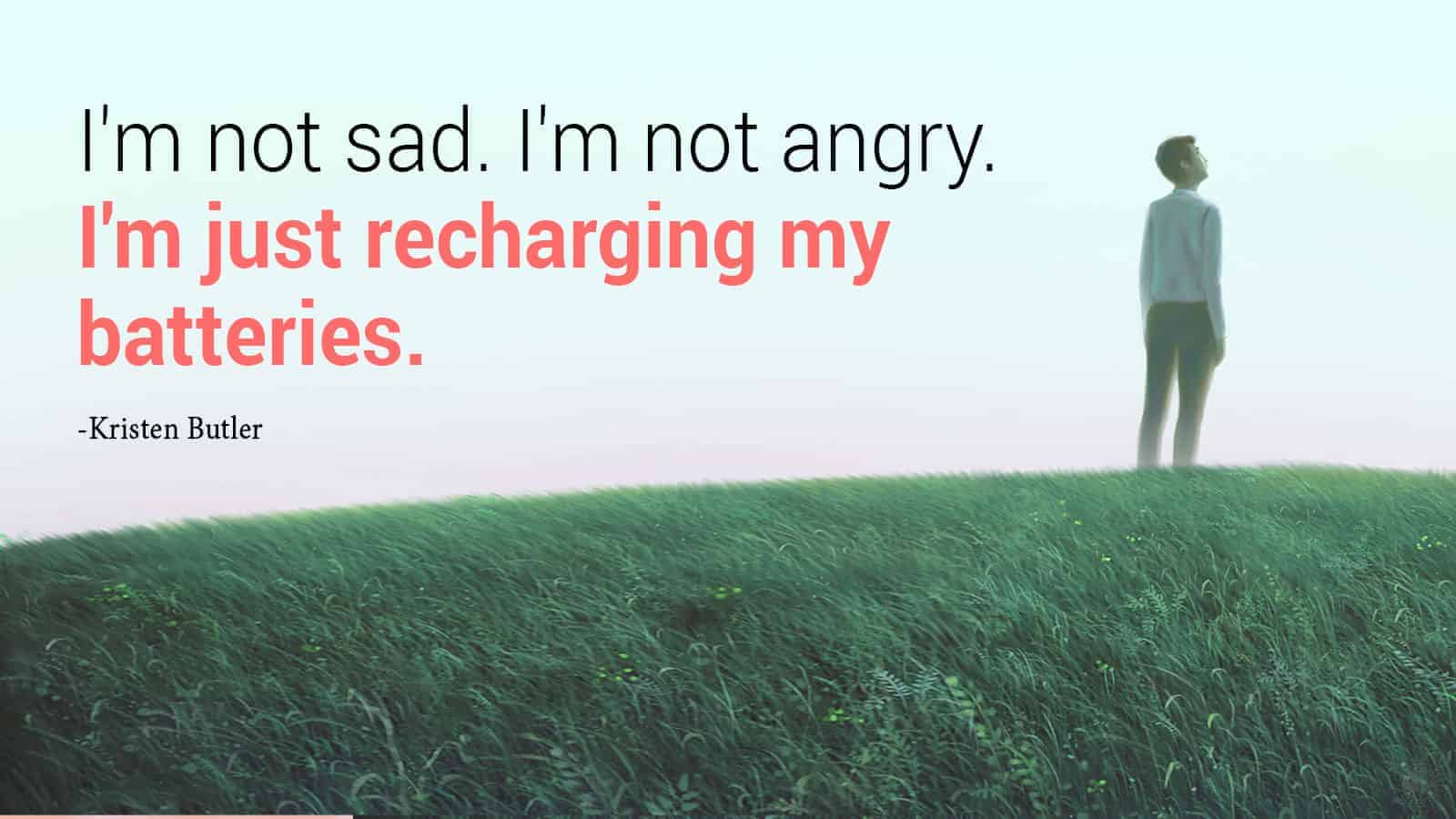Many people believe that extroverts have an advantage in most situations, but introverts outperform in a crisis. Introverts have a knack for diplomacy, problem-solving, and focusing on positivity even when things get complicated. These qualities give them the upper hand, allowing them to work through the problems and find solutions.
Both personality types are of equal importance because they enable effective team dynamics. Extraverts flourish in some situations, whereas introverts outperform in others. When the two personality types work together, it allows for different perspectives and ways of working.
Everyone has different strengths, so when an extrovert isn’t strong in a particular area, an introvert might be. When it comes to a crisis, introverts seem to flourish as this is an area of strength. Learning why introverts outperform in an emergency can help you understand their mindset better.
By learning more about why introverts are good at handling crises, you can start to develop some of their qualities, too. Even if you are an extrovert, you can take on new habits that benefit you and those around you.
What Is an Introvert?
Psychiatrist Carl Jung described introversion as more mystical and spiritual, while extroverts are more objective and practical. Introverts develop a layer of consciousness that allows them to see things that aren’t visible. They feel their energy field vibrating as they are more in tune with the inner workings of their soul.
While being more aware of energy fields is typically a good thing, it can lead to a few problems. Introverts often need time alone to recharge and prepare themselves for more interaction. This need is sometimes a problem because taking time alone isn’t always possible in some situations.
Introverts are often called shy, but that isn’t an accurate description. Many introverts love to spend time with others, but they also need to take time for solitude. However, even with their need to be alone sometimes, they outperform in crises.
What the Research Shows When Comparing Extroverts and Introverts
Research shows that extroverts only hold an advantage when the situation is easy-going. Otherwise, introverts are the ones to handle the event in the best way. Plus, in times of crisis, people are drawn to the logic of an introvert.
While extroverts make friends and allies quicker and more successfully, things change when disagreements occur. When clashes happened, people started to feel that the extroverts were too pushy and trying to dominate the group. When this mindset shift occurs, it allows introverts to outperform others.
Many extroverts behaved in a way that prolonged the conflict, whereas introverts focused on solving problems. Introverts stayed calm, contemplating a resolution that worked for everyone in the group. The demeanor of the introvert also helps others in the group focus on positivity, allowing them to outperform the extroverts.
Eleven Compelling Reasons Why Introverts Outperform Others in a Crisis
Here are a few key reasons introverts deliver results when the chips are down.
1 – They Think in Terms of The Group
Introverts tend to think of the entire group rather than how something will serve them as an individual. They don’t make decisions based on what will make them look best. Instead, they come up with solutions to help the entire group become successful.
Extroverts often think in more self-serving and materialistic ways. They want to do what will work out best for them, even if it isn’t best for the entire group.
2 – They Often Listen Better, Equipping Them to Outperform Others
In times of crisis, extroverts listen less because they immediately jump into action. While jumping into action could be a good thing, it sometimes backfires. When things are going wrong, it’s essential to take a minute to think and listen to others.
On the other hand, introverts take the time to listen to input from the other people involved. Since everyone must work together to overcome the problem, they value the input from everyone. When everyone has the chance to contribute to a plan, they’ll think of more inspiring solutions.
3 – Introverts Outperform Because They Usually Ask More Questions
Introverts tend to ask more questions than other people to get a better understanding of what happened. They want to know how things happened and why, and they want to know what methods have already been attempted. Likewise, they want to know what other people think of the situation.
When they ask questions, it helps everyone else collectively solve problems together. Everyone involved spends time brainstorming the issue rather than waiting for someone else to figure out an answer.
4 – They Speak Purposefully
Introverts don’t say things to fill the silence, so it’s with a purpose when they speak. It helps them, and the people around them stay focused on overcoming the crisis. In these situations, the fewer words that are spoken, the better.
Extroverts often give many instructions, and their overuse of words confuses the others. Since introverts don’t do this, they are the best personality type in a crisis. Their communication is more effective since they are purposeful about what they say.
5 – They are Perceptive and Embrace Silences
Introverts spend time observing what is going on around them. They notice things about the people around them, and they take in details that other people don’t.
When they notice things, they don’t blurt them out right away. Instead, they take their time to think the matter over and address the situation. They don’t make quick judgments or say things to fill silences because they like to use that time to consider first.
6 – They Lead People to Solutions
Introverts don’t want to tell others what to do because they’d rather lead others to their own solutions. As they work to teach others, it encourages engagement within the group. Then, everyone feels like they’ve had a choice in the matter, making the solution more effective moving forward.
When everyone feels like they played a role, they’ll work harder to overcome the crisis, allowing introverts to outperform. On the other hand, extroverts ask questions and say things to nudge others toward a solution the extrovert wants.
7 – They Outperform Others in Communication
The way that introverts handle a crisis affects everyone around them. Other people will notice the calm, thoughtful way an introvert addresses the issue and comes up with a solution. Their behavior will make the other people involved trust them, helping everyone work together for the greater good.
8 – They Outperform in a Crisis Because They Love to Help Others
Introverts don’t only offer solutions and help out when they are directly affected. They also look around them to see if anyone else needs help. This mindset is beneficial in a crisis because no one should be left behind to struggle alone.
Extroverts tend to jump into action without paying attention to anyone around them. While this behavior is beneficial in some situations, it isn’t helpful during a crisis. An introvert will be more likely to come to the aid of others rather than focusing on themselves.
9 – They Don’t Look to Others to Solve Their Problems
While introverts ask questions and want the input of others in a group setting, they don’t rely on them for their solution. If no one else has a beneficial idea, the introvert takes it upon themselves to come up with a good one. They spend time in introspection and avoid making rash decisions to get it over with.
Introverts look within for their answers, and they don’t depend on anyone else to come up with a solution for them. They are self-reliant and dependent on themselves for the answers because they can’t let a problem go unsolved.
10 – They Outperform Others in Conflict Resolution
Introverts don’t like conflict, and they do whatever they can to avoid it. However, they know they must deal with it in times of crisis. While some people might get upset and cause the conflict to worsen, introverts find a middle ground to ease the situation.
Introverts are good listeners, allowing the upset person to vent and voice their concerns. They want to understand everyone’s perspective before forming a judgment or making a decision.
11 – They Are Empathetic
Empathy is essential in a crisis, and introverts are the perfect people to handle it. Introverts have a better understanding of how other people feel because they are in tune with their emotions. Introverts can recognize pain or unease in others and show compassion every time.
As compassionate people, introverts are observant and analyze every situation. This mindset allows them to show kindness and consideration to everyone, especially in hard times. Introverts don’t want anyone to suffer alone, so they’re always there to offer sympathy.
Final Thoughts on Why Introverts Outperform Other Personality Types in a Crisis
When you’re in a crisis, it’s essential to have an introvert or two around you. If you aren’t an introvert yourself, find someone and work with them whenever you can. Since introverts outperform extroverts in a crisis, it’s best to have their skills handy.
However, if there are no introverts around when a crisis occurs, try to think as they would. Use some of the things mentioned here and apply them to your thought process. If you can think like an introvert during a crisis, you might have more luck successfully getting through it.
Having a mix of introverts and extroverts work together can be the most beneficial option. While extroverts outperform in some areas, the diplomacy of introverts can be best during hard times. They’ll also help everyone around them feel comfortable, making it easier to manage the situation.

















 Community
Community

